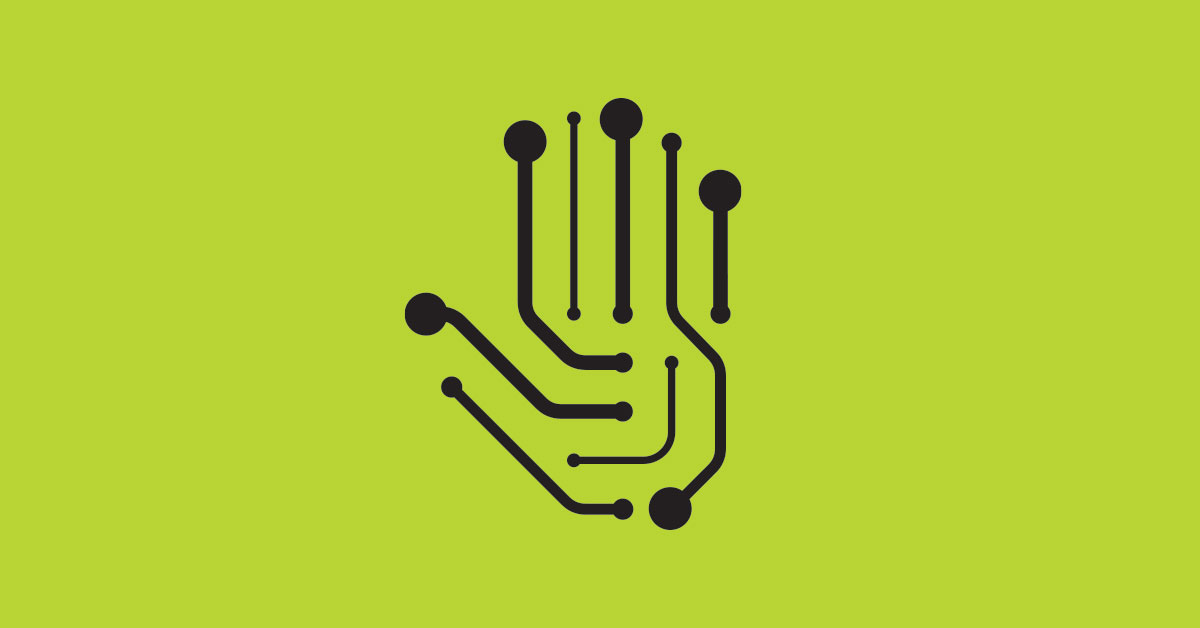Alongside a rigorous curriculum in programming and other technical topics, computer science majors take a course in ethical reasoning to satisfy a general education requirement. One option is CS181: Computers, Ethics, and Public Policy. Assistant professor of computer science Keith Winstein, one of the faculty members who take turns teaching the course, encourages students to consider (1) how to recognize when a situation has ethical implications; (2) how to go about reasoning what the right decision is; and (3) how to then persuade others to do what is right. The class culminates in projects involving social engagement, from teaching ethics in local high schools to handing out pamphlets about net neutrality.
In CS122, Artificial Intelligence—Philosophy, Ethics, and Impact, Jerry Kaplan, a visiting lecturer in computer science, addresses the larger historical dimension of AI and ethics: what the goals of the field have been, how they have shifted, and what it means to do responsible software development. The course explores AI’s relationship with law, economics and philosophy, as well as its place in public imagination and, more recently, its problems with algorithmic bias. He emphasizes how AI hasn’t been a field or a discipline with standards and regulations but rather a free-for-all.
“Now we are moving into a time when these systems are having real-world impacts. It’s necessary for us to develop real-world standards. We are in the process of trying to turn the field into a real practice. We are discovering that not everything that is being done or can be done is necessarily of benefit to society. It can cause a lot of harm in the wrong hands, used in the wrong way. That is really the core of what the students need to learn.”
Deni Ellis Béchard was a senior writer at Stanford. Email him at stanford.magazine@stanford.edu.



